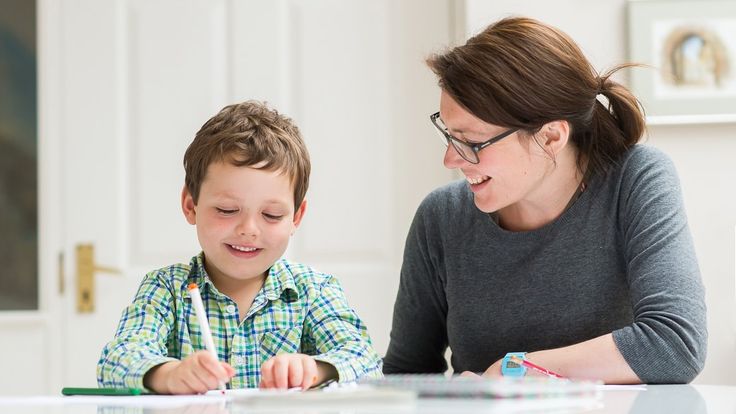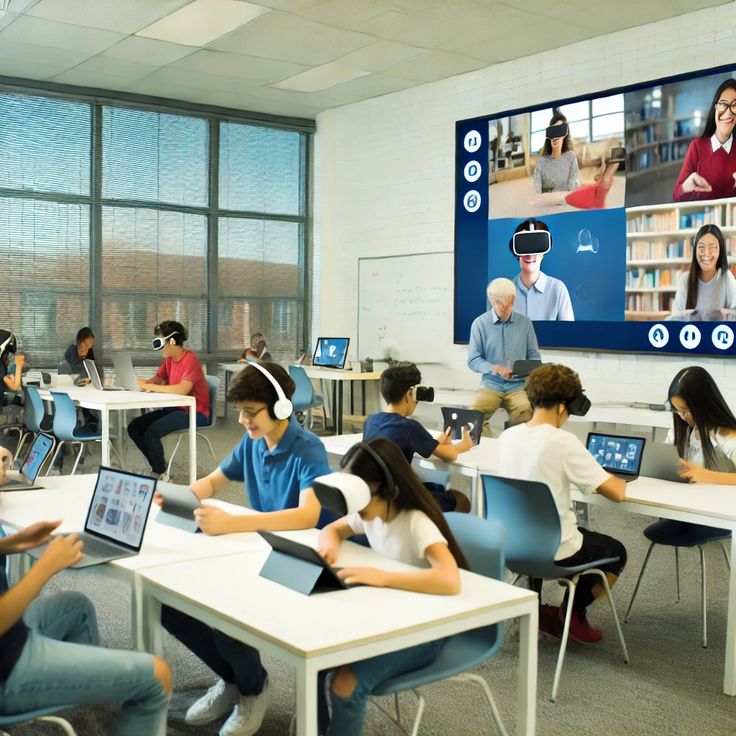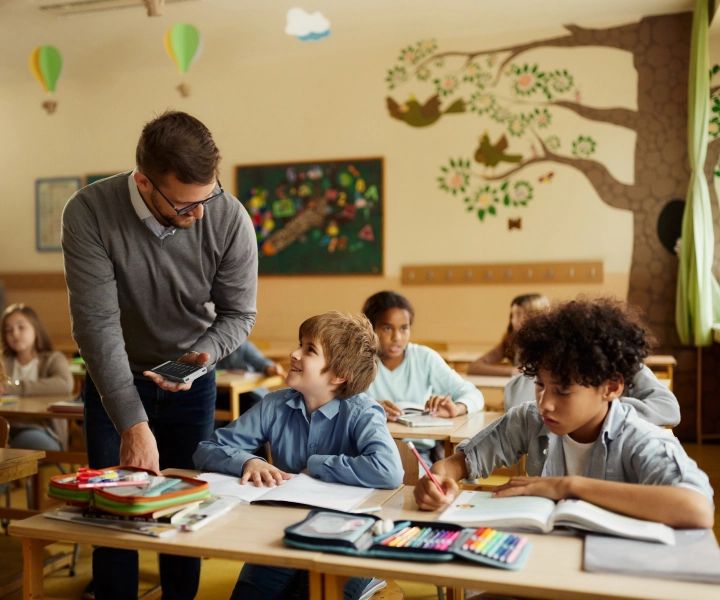Understanding Personalized Learning
Keywords: personalized learning, individual learning needs
Personalized learning is a progressive approach to education that tailors instruction to the needs, preferences, and abilities of each student. Instead of following a rigid curriculum, this model allows learners to engage with content at their own pace and in a way that best suits their learning style. Educators use data insights to deliver targeted support, ensuring all students—regardless of their starting point—are given the opportunity to succeed. This shift from traditional teaching methods fosters student autonomy, increases motivation, and builds a stronger connection between learners and the material they’re studying.
Why Personalized Learning Matters in Modern Education

Keywords: student-centered learning, tailored education
In a diverse classroom, students bring different strengths, challenges, and learning preferences. Personalized learning addresses these variations by promoting a student-centered environment, where education is adapted to meet individual goals. When learners receive support that resonates with their needs, their engagement, retention, and academic performance improve significantly. This approach ensures that fast learners are continuously challenged, while others who require more time aren’t left behind. By fostering inclusivity and equity, personalized learning helps close the achievement gap and sets the stage for a more meaningful and empowering educational experience.
Core Components of Personalized Learning
Keywords: learning styles, differentiated instruction
Personalized learning is grounded in several key principles, including differentiated instruction, goal-setting, and flexible learning pathways. Teachers often use various instructional strategies—visual aids, interactive tools, and hands-on projects—to address different learning styles. Students are encouraged to take an active role in setting their academic goals and reflecting on their progress. Formative assessments are used to guide instruction and ensure that learning is on track. The overall aim is to create a responsive learning environment that evolves with the student, ensuring continuous improvement and meaningful academic growth over time.
The Role of Technology in Personalized Learning

Keywords: education technology, adaptive learning tools
Technology is the backbone of personalized learning, offering platforms that adapt content to suit each learner’s pace and progress. Tools such as AI-driven tutors, learning management systems (LMS), and interactive apps provide instant feedback and support, enhancing both teaching and learning experiences. These systems collect and analyze performance data, enabling educators to make informed decisions and adjust instruction in real-time. Additionally, technology bridges geographic and resource gaps, allowing students everywhere to access high-quality, individualized education. As EdTech continues to evolve, it plays an increasingly vital role in making personalized learning scalable and effective.
Challenges and Key Considerations

Keywords: equitable access, teacher training
Implementing personalized learning at scale comes with its challenges. Not all students have access to digital devices or stable internet, raising concerns about equity. Moreover, teachers need professional development to effectively manage personalized instruction and use data-driven tools. Privacy is another critical issue, as learning platforms collect sensitive student data. Schools must balance innovation with safety and inclusion by creating secure systems and policies. Despite these hurdles, with proper planning, resource allocation, and ongoing support, personalized learning can be a powerful model that transforms education for all learners.
Conclusion
Keywords: lifelong learning, inclusive education
Personalized learning isn’t just a trend—it’s a fundamental shift in how education is delivered. By addressing individual learning needs and supporting student agency, it cultivates a lifelong love for learning. This model not only improves academic outcomes but also prepares students with the critical thinking and problem-solving skills essential for the 21st century. When implemented thoughtfully, personalized learning promotes inclusive education, enhances student confidence, and ensures that every learner has the opportunity to reach their full potential. As education continues to evolve, personalized learning is set to lead the way forward.
Lead your way to us ezroots.in
